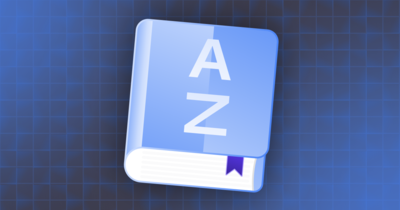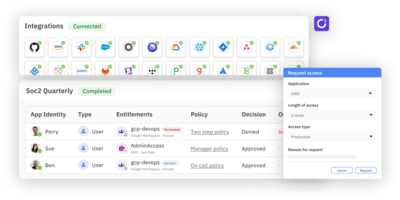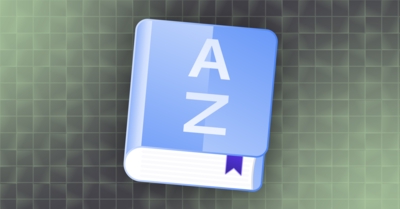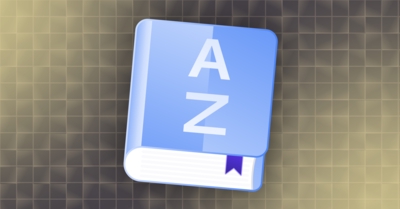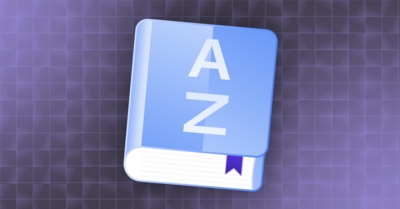ISO 27001 is an international standard for information security management systems (ISMS). It provides a framework for organizations to establish, implement, maintain, and continually improve their security practices. ISO 27001 was published by the International Organization for Standardization (ISO) and the International Electrotechnical Commission (IEC) in 2005.
ISO 27001 sets out a systematic approach to managing sensitive information and ensuring its confidentiality, integrity, and availability. It helps organizations identify and manage risks to their information assets, implement appropriate security controls, and establish a culture of information security throughout the organization.
Key components of ISO 27001 include:
- Risk assessment and treatment: Identify and assess risks to information assets, including threats and vulnerabilities, as well as select and implement security controls to address company specific identified risks.
- Information security policies: Establish a set of policies and procedures to guide information security practices and ensure compliance with legal, regulatory, and contractual requirements.
- Management commitment: Management demonstrates leadership and commitment to effective security by establishing security policies and allocating resources for implementation.
- Documentation: Develop and maintain documentation that describes the ISMS scope, risk assessments, security controls, and procedures.
- Internal audits: Regular internal audits are conducted to assess the effectiveness of the ISMS and identify areas for improvement.
- Management review: Top management reviews the performance of the ISMS, including its effectiveness and opportunities for improvement, at regular intervals.
By achieving ISO 27001 certification, organizations demonstrate their commitment to protecting sensitive information, enhancing customer trust, and complying with legal and regulatory requirements related to information security. The certification is often sought after by businesses, government agencies, and other organizations that handle sensitive data or have a need to establish robust information security practices.
Why is ISO 27001 important for GRC?
ISO 27001 is a key component of the Governance, Risk, and Compliance (GRC) framework. GRC refers to the integrated approach that organizations adopt to manage governance, risk management, and compliance activities. It aims to ensure that organizations operate within legal, ethical, and regulatory boundaries while effectively managing risks and achieving business objectives.
ISO 27001 specifically addresses the information security aspect of GRC. Here’s how ISO 27001 fits into the broader GRC framework:
Governance: ISO 27001 helps establish a governance structure for information security. It defines the roles, responsibilities, and decision-making processes related to the protection of sensitive information. The standard promotes a top-down approach, with management commitment and involvement in defining policies, objectives, and strategies for information security.
Risk Management: ISO 27001 provides a systematic framework for identifying, assessing, and managing information security risks. It emphasizes the need for organizations to conduct a comprehensive risk assessment, identify threats and vulnerabilities, and implement appropriate security controls to mitigate those risks. ISO 27001 helps organizations integrate information security risk management into their overall enterprise risk management (ERM) processes.
Compliance: ISO 27001 assists organizations in meeting legal, regulatory, and contractual requirements related to information security. By implementing the standard’s controls, organizations can demonstrate compliance with various data protection laws, industry-specific regulations, and contractual obligations. ISO 27001 also helps organizations establish a compliance monitoring and reporting system to ensure ongoing adherence to requirements.
Integration with GRC: ISO 27001 can be integrated with other components of the GRC framework, such as internal controls, policies, and procedures, to ensure a holistic approach to governance, risk management, and compliance. It aligns with other relevant standards and frameworks, such as ISO 31000 (Risk Management), ISO 22301 (Business Continuity Management), and COBIT (IT Governance), to create a comprehensive GRC program.
By implementing ISO 27001, organizations strengthen their overall GRC efforts by establishing a robust information security management system, identifying and managing information security risks, and ensuring compliance with applicable requirements. It provides a solid foundation for organizations to effectively manage their information assets while aligning with broader GRC objectives.
Summary
Obtaining ISO 27001 certification can improve your organization’s reputation and instill confidence in its security practices through demonstrating strong security posture to external stakeholders, such as customers, partners, and regulators. ISO 27001 is considered a security best practice because it offers a well-structured, risk-based, and globally recognized framework that enables organizations to establish and maintain effective information security management systems.
